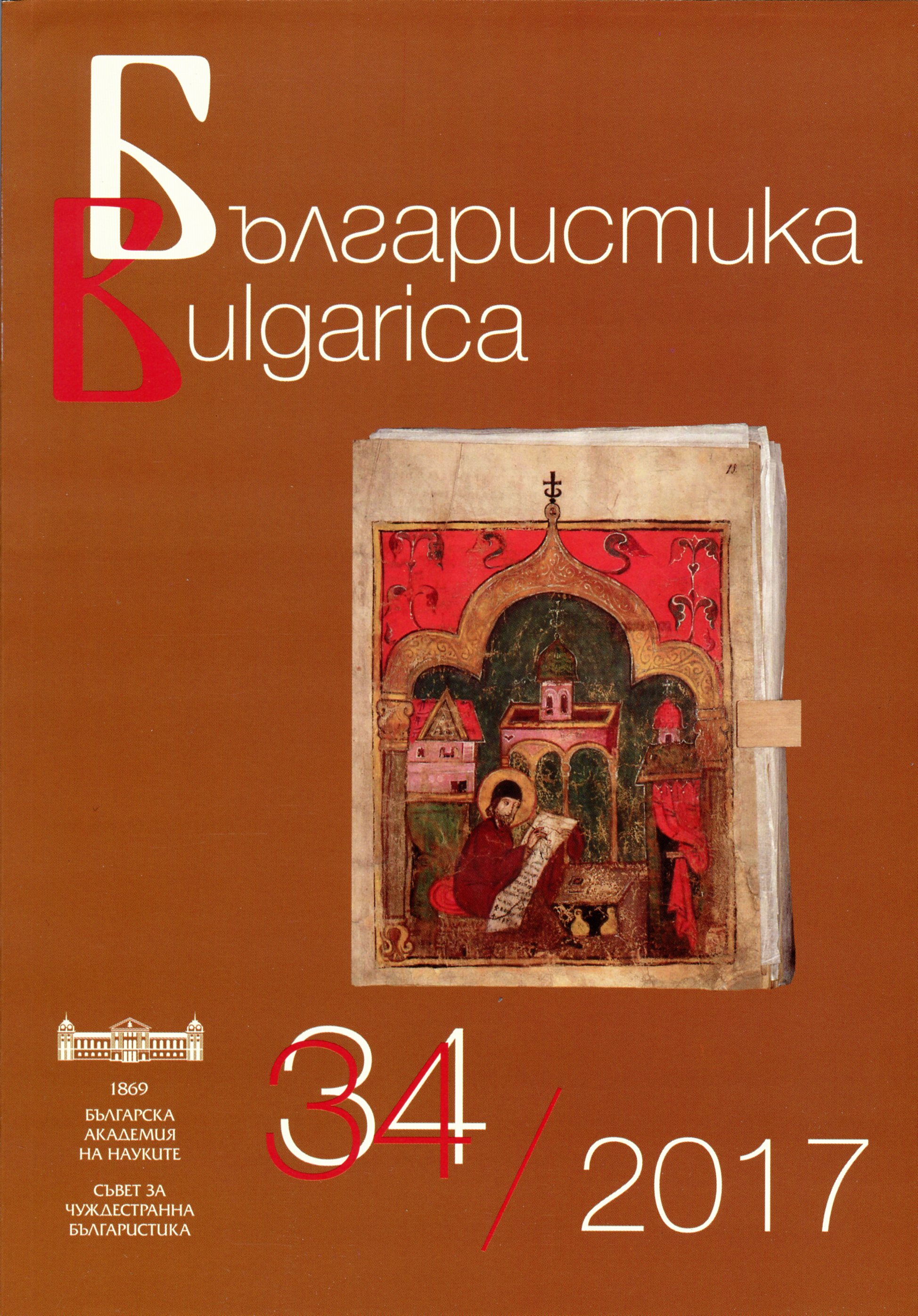
We kindly inform you that, as long as the subject affiliation of our 300.000+ articles is in progress, you might get unsufficient or no results on your third level or second level search. In this case, please broaden your search criteria.

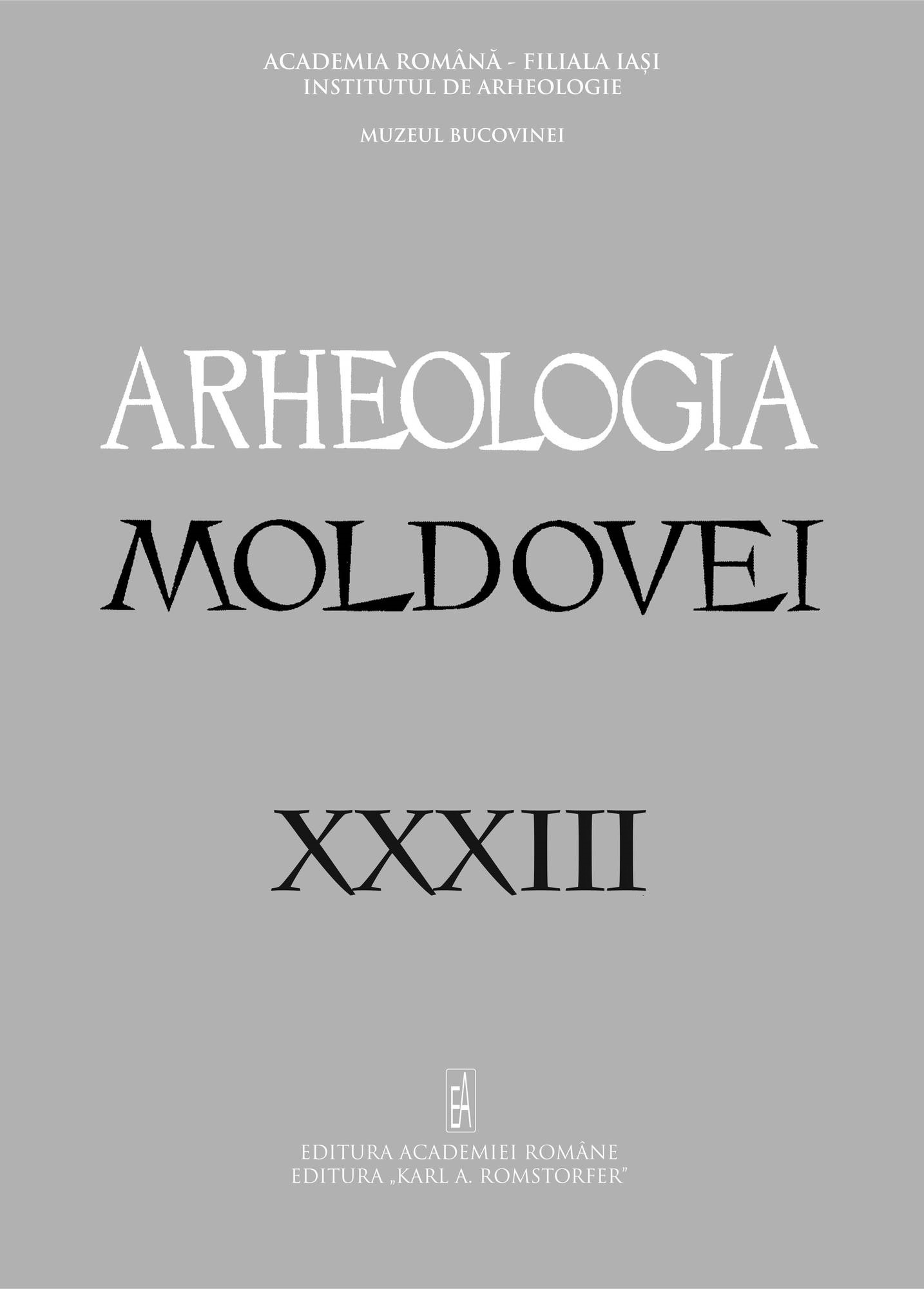
Academic Agenda: Scientific agenda of the Institute of Archaeology from Iasi in 2009; Conference Reports; Documentation trips
More...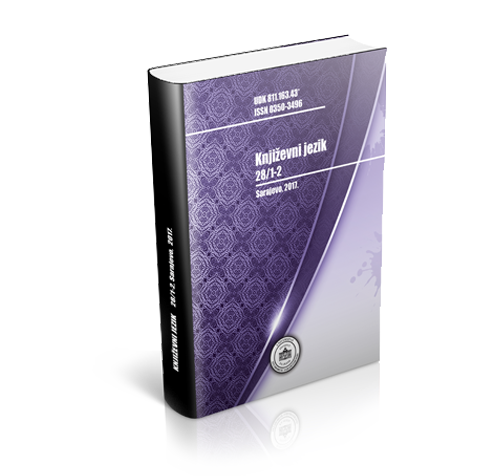
Bibliography of Papers in Književni jezik (1982–1991)
More...
Beginnings are violent and deceitful. Pretending that they spontaneously emerge from nowhere, these words and thoughts cannot help but feign erasure of all that preceded them. There is thus something bold and presumptuous about claiming the ability to inaugurate and virtually burst onto the scene. In an attempt to mitigate the violence and deception of this particular beginning, I want to clearly contextualize what will follow.
More...
The rise of an original Indian detective novel can be dated back to the 1950s. Like its European predecessor, the genre was initially considered strictly popular; books were sold at railway stations as cheap reading matter for commuters. During the Sixties, however, thanks to the rising importance of the middle class, detective novels became increasingly popular. For years the detective genre had been on the wane and it was only in the first decade of the 21st century that new detective and noir stories appeared.
More...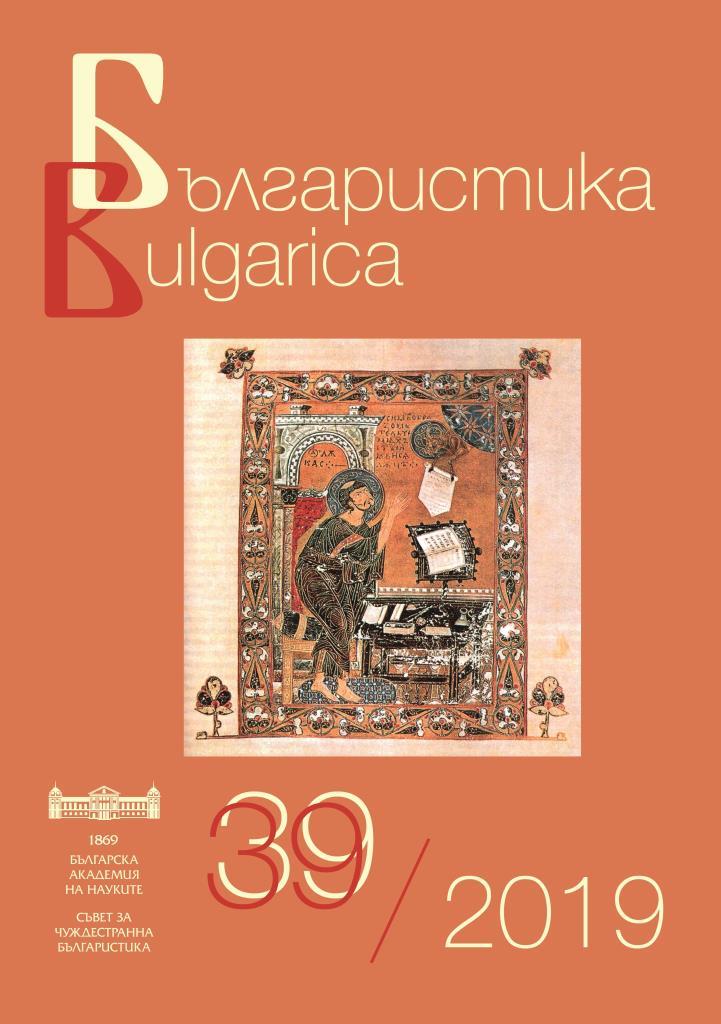
Defended PhD theses in Bulgaria in the field of linguistics, literature, history, folklore, ethnography and art studies.
More...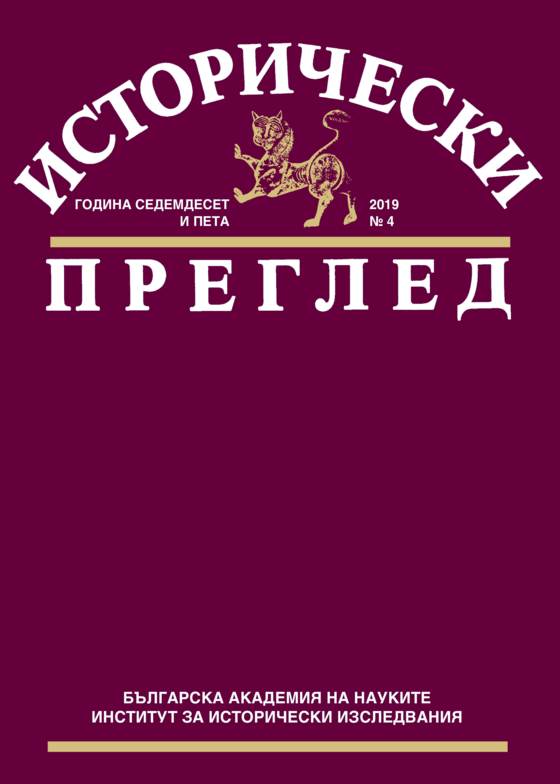
Anniversaries have always been a good occasion to look back in time and take stock of what we have done, and what is left unfinished. However, when the Jubilee has ninety years of life experience behind him, of which more than sixty have been devoted to historical science, with dozens of books and hundreds of articles and studies published, the balance is truly full-blooded and the anniversary worthy of note. Prof. Nikolay Zhechev, who is referred to in this article, is undoubtedly a deserving, dignified but humble scientist who does not like when people make a lot of noise about his name and thus place him in the spotlights. However, his numerous historiographical works and his significant contributions in various fields of the history of the Bulgarian National Revival oblige us to briefly dwell on what he has done. The article chronologically traces the key moments in his life, his scientific career, and the major thematic circles in which he works. It also draws attention to Zhechev‘s major contributions to the research of the history of the settlement of Bulgarians north of the Danube River and their cultural and political activities. The article also notes his writings on the literary, spiritual and educational activities of Bulgarians from the period of our National Revival, as well as on their revolutionary-political deeds for national liberation.
More...
Prof. ScD Vitka Toshkova is one of the most prominent contemporary Bulgarian historians. Her scientific interests are related to the political and diplomatic history of Bulgaria and the country’s place in the system of international relations, and in particular in the politics of Germany, the USA and the USSR / Russia in the 20th century. Prof. Toshkova’s 80th anniversary, which coincides with the 50th anniversary of her scientific activity, is a great occasion to recall the life path she has traveled so far, as well as to highlight the contributions of her research, with a focus on her recent publications.
More...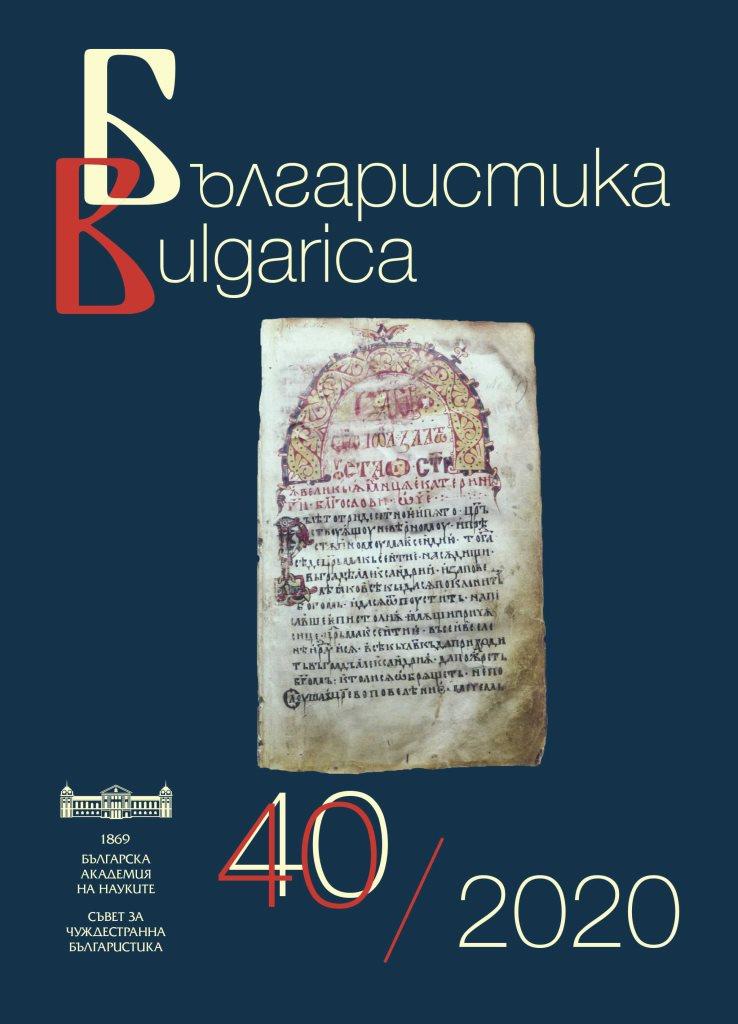
Defended PhD theses in Bulgaria in the field of linguistics, literature, history, folklore, ethnography and art studies
More...
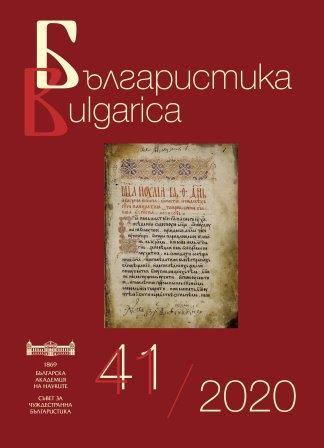

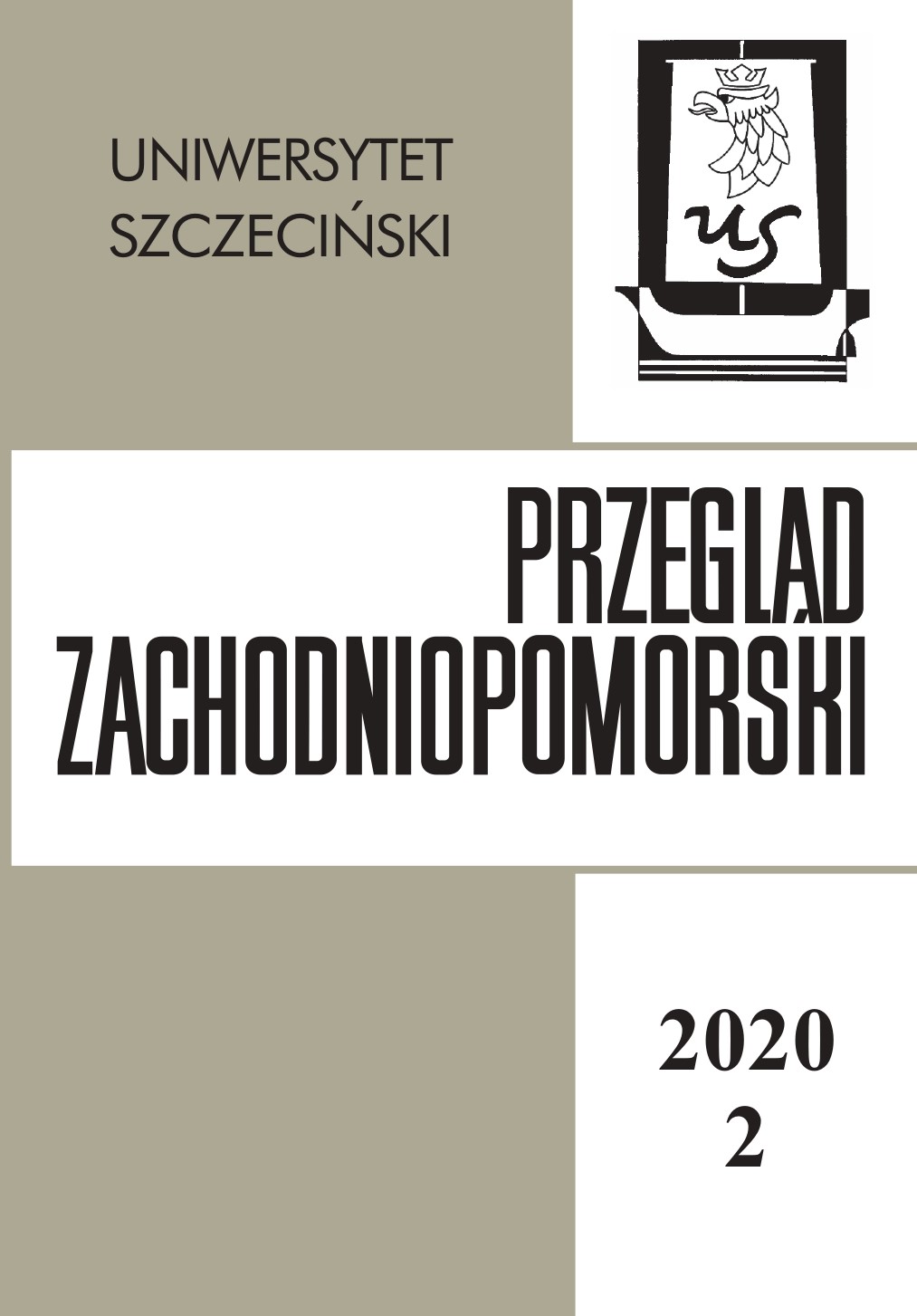
The historic collection of the University Library in Toruń in its fundamental shape was formed after the World War II, based on the so called restricted collection, i.e. primarily the books from the former German libraries. To Toruń came mainly books from Eastern Prussia and Pomerania. Substantial part of the post-German collection came from Szczecin, including the books kept until the World War II in the Library of the Marian Gymnasium, which continued the tradition of the princely Pedagogium. The Szczecin collection came to Toruń shortly after the military operations of the Wold War II came to an end, either directly from Szczecin or via Pęzino, where they were evacuated by the German administration in order to protect them from the Allied bombings. Single books of Szczecin provenience were bought by the University Library in Toruń also in the subsequent years. In the Toruń university library we house today eight manuscript codices from the Marian Gymnasium Library in Szczecin. All the manuscripts came into being in the modern period, from the late 16th century until second half of the 18th century. Seven of them represent the domains of law, medicine, and theology. Their content reflects the then state of thought and is a perfect source material for studies into the history of science. The eighth one contains the library catalogues and inventories, and is particularly precious for the researchers of history of the Szczecin Gymnasium and its Library.
More...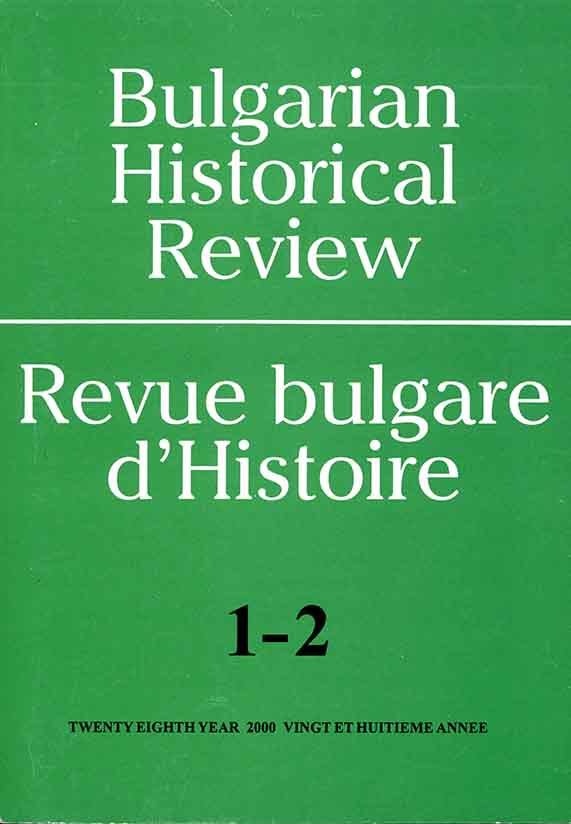
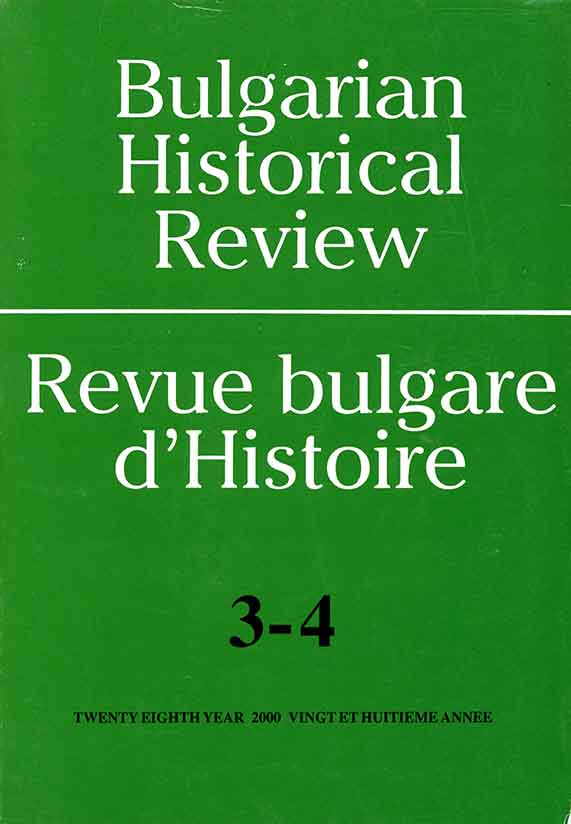
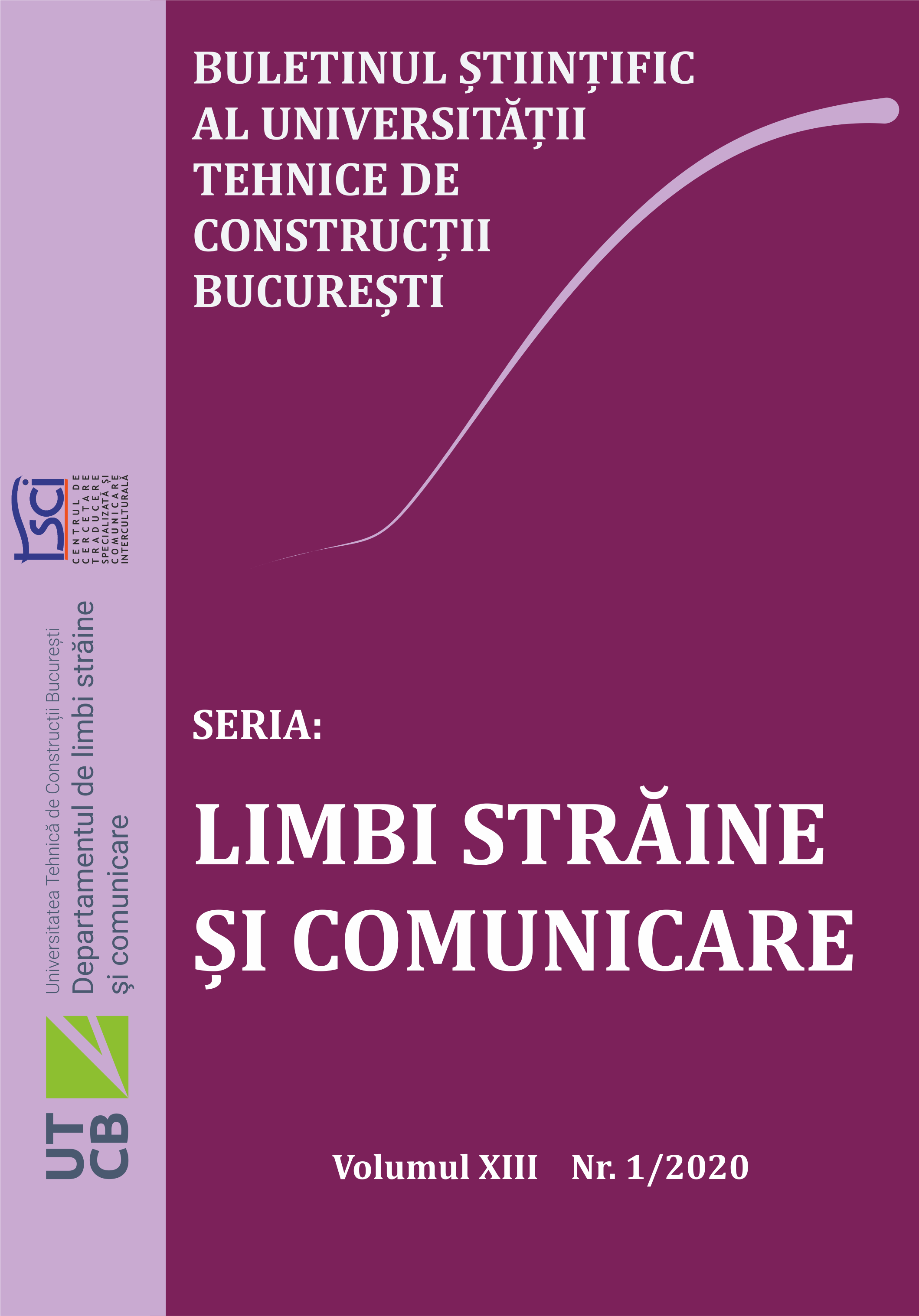
Book Review on Ghențulescu, R. (2019). Etică academică. București: Conspress.
More...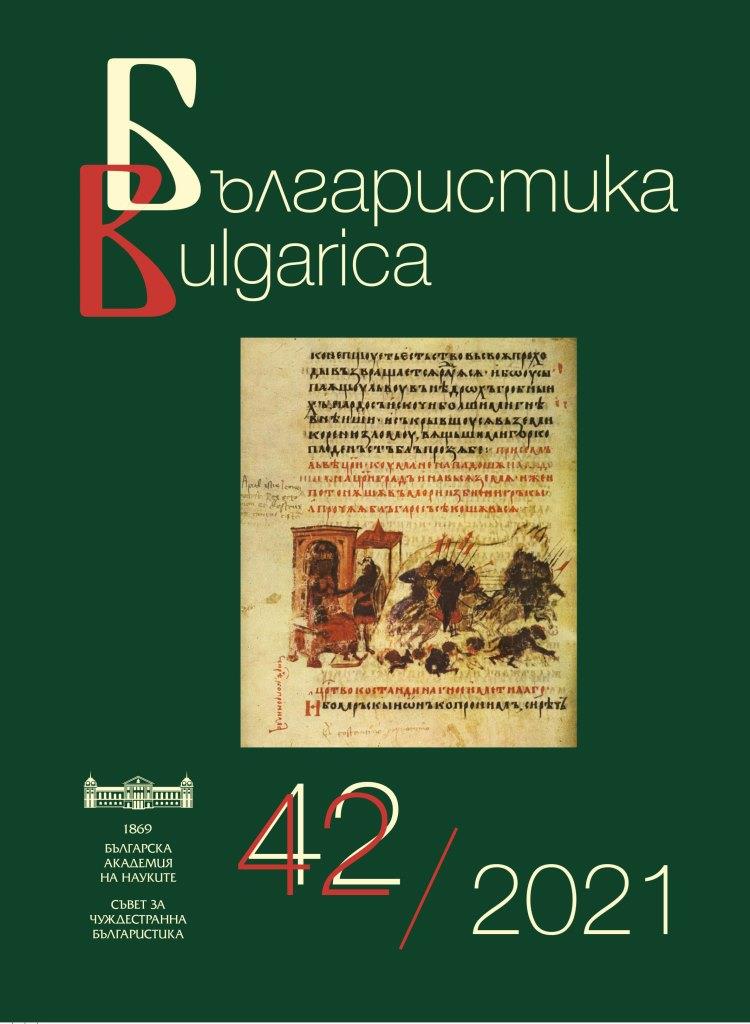

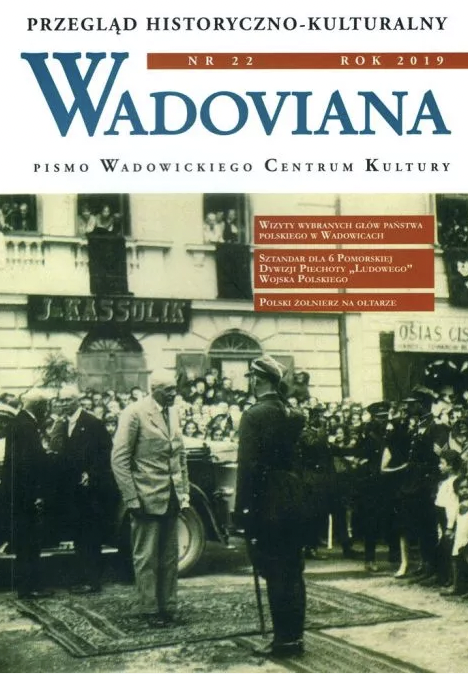
List of publications on Wadowice and the surrounding area, which appeared in 2019.
More...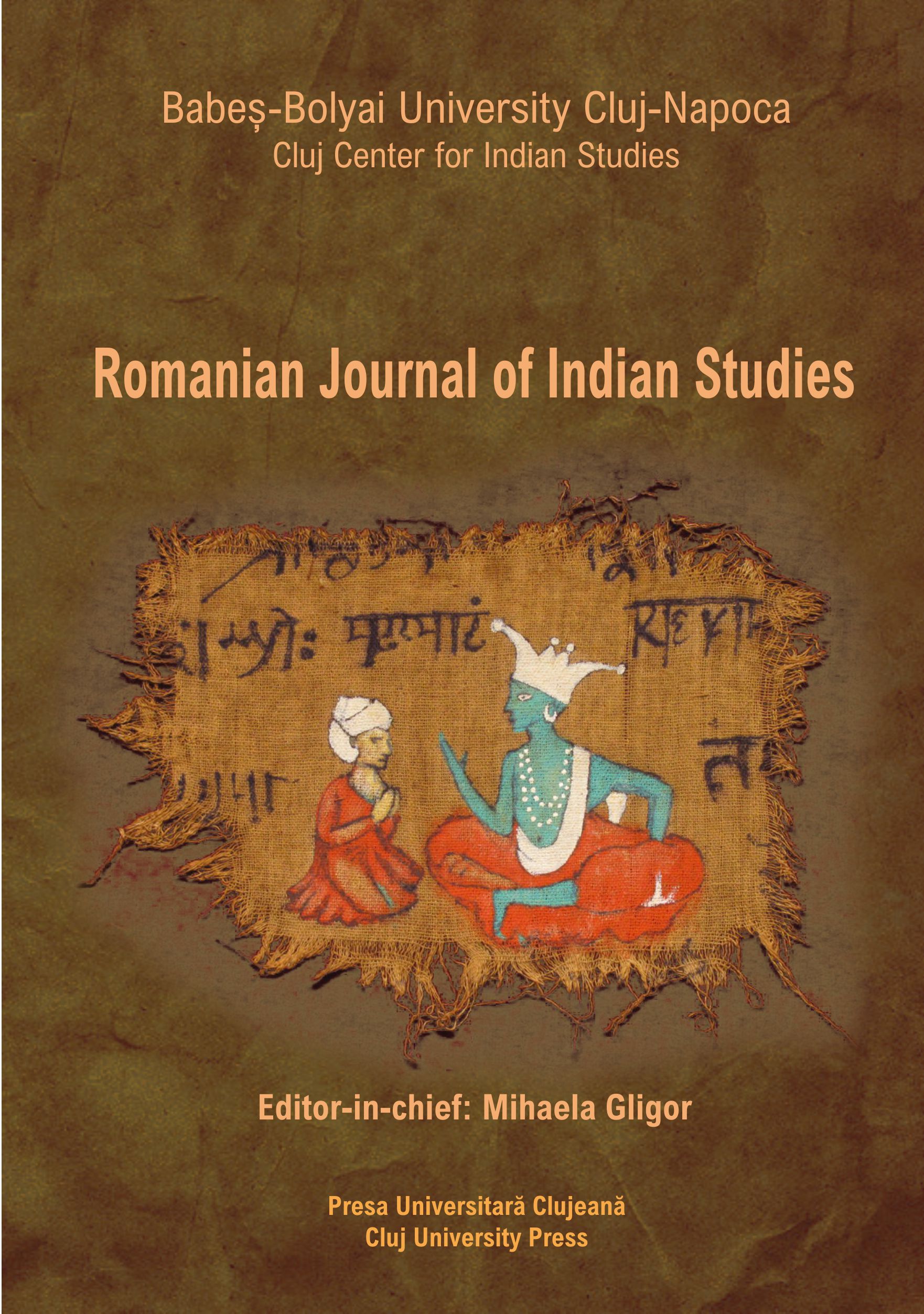
Folk music and folk culture of Bengal had a profound effect on Rabindranath’s musical essence. The various forms of folklore, the beauty of its rhyme and literary value influenced the poet’s literary pursuits in many ways. Rabindranath brought a new form by breaking and re-modelling the structure of various folk-melodies and by mixing those with his self-created tunes. This paper will try to examine the influence of folk music in Rabindra Sangeet and will try to trace the journey of Rabindranath’s perception of the same.
More...